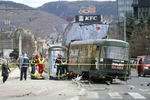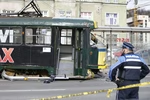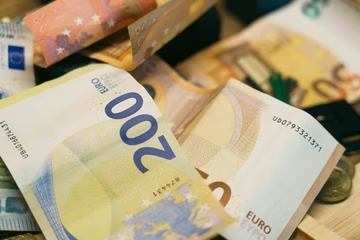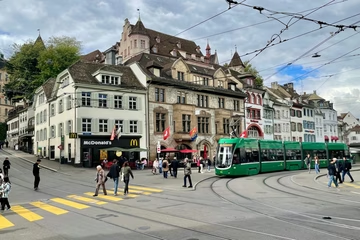EBRD Head: Bosnia's economy is resilient and self-sufficient
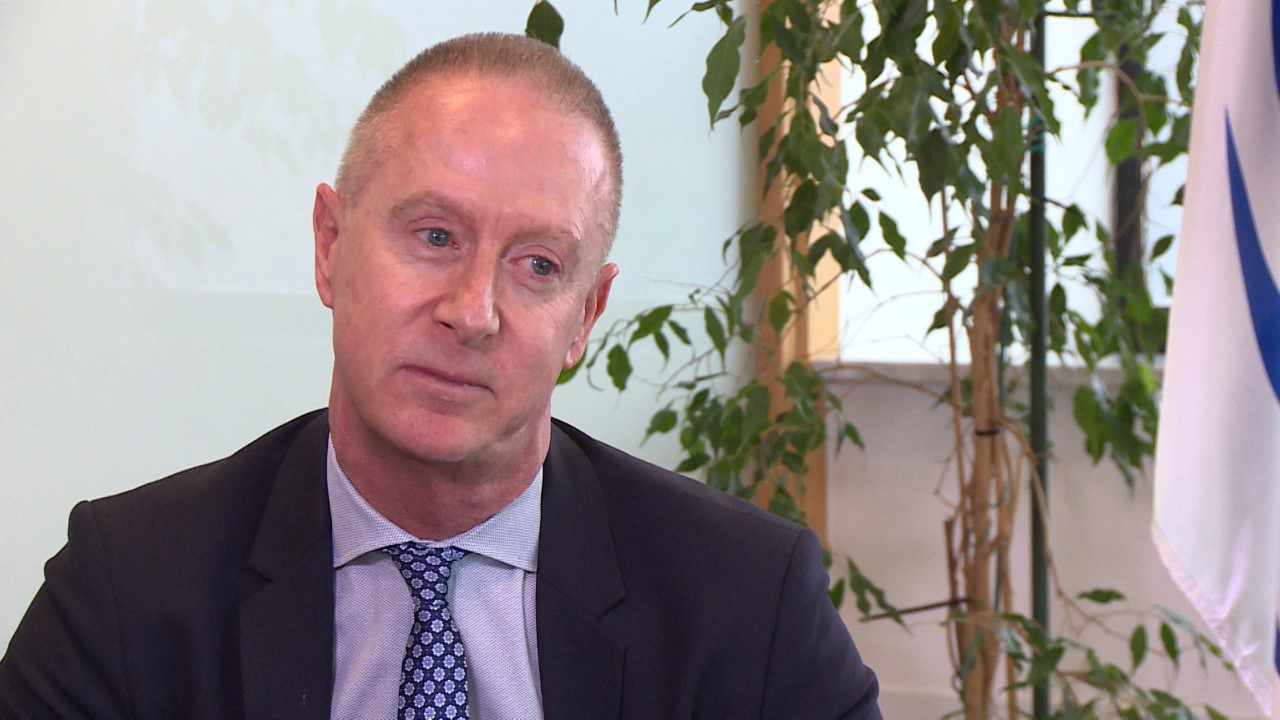
The European Bank for Reconstruction and Development (EBRD) plans to hold its annual May meeting in Sarajevo, which will be the opportunity for Bosnia to showcase its investment potential and try to change the perception about itself, the head of the EBRD Office to Bosnia, Ian Brown, told N1.
Oglas
“Seventy official delegations will come to this meeting, leaders of all 6 Western Balkan countries and 200 academics, journalists and investors who wouldn’t come to Bosnia otherwise will attend the business meeting,” he said. “They are all coming because of the EBRD meeting. It will be a really good opportunity for Bosnia to showcase itself as an investment destination.”
The trust between all Bosnia's government levels and the EBRD is strong, and the relationship is good, Brown noted. And political delays, such as the delay in the formation of the government after the October general election in the country are not weakening this relationship.
Oglas
“The relationship continues as a strong one,” he added. When it comes to bad services and the fact that Bosnia is the only European country self-sufficient, Brown said this was one of the reasons why the EBRD supports the privatisation of the three telecoms in the country. That would lead to better services and lower prices for the citizens, he argued.
Speaking about the competitiveness of Bosnia’s economy with the European free market economy, Brown said that far from being competitive at its current state.
“The EBRD is doing everything to help this and strengthen Bosnia’s economy. But we also need to talk about the state-owned enterprise sector in the country, which is large. It makes up about 20 percent of the economy and it is inefficient and loss-making,” he noted. Therefore, reforming this sector will be crucial for the economy to be competitive.
According to him, the pace of reform implementation in Bosnia is also not too slow
Oglas
“You can always say that the country is too complicated, but when I look at the numbers, I can say it’s not going slow. It’s going quite quickly. Of course, the progress could be faster had the public sector been smaller, but the progress is still significant,” Speaking about the Bosnian economy, Brown said it is repeatedly described ad resilient.
“Recently, I was asked why did the Bosnian economy not suffer so much during the 2008 economic crisis, and I said that it’s because it’s quite self-sufficient,” Brown pointed out.
“Pressure from external shocks haven't significantly damaged the economy because small businesses here know how to withstand shocks. The hardest tasks however will be reforming the state-owned enterprises.”
The future of Bosnia is positive, he said. The Economy is resilient, but the biggest challenges for the country are emigration, reducing youth unemployment and creating a sense of hope in the future, he concluded.
Kakvo je tvoje mišljenje o ovome?
Učestvuj u diskusiji ili pročitaj komentare
Oglas
Kakvo je tvoje mišljenje o ovome?
Učestvuj u diskusiji ili pročitaj komentare
Oglas





 Srbija
Srbija
 Hrvatska
Hrvatska
 Slovenija
Slovenija
















